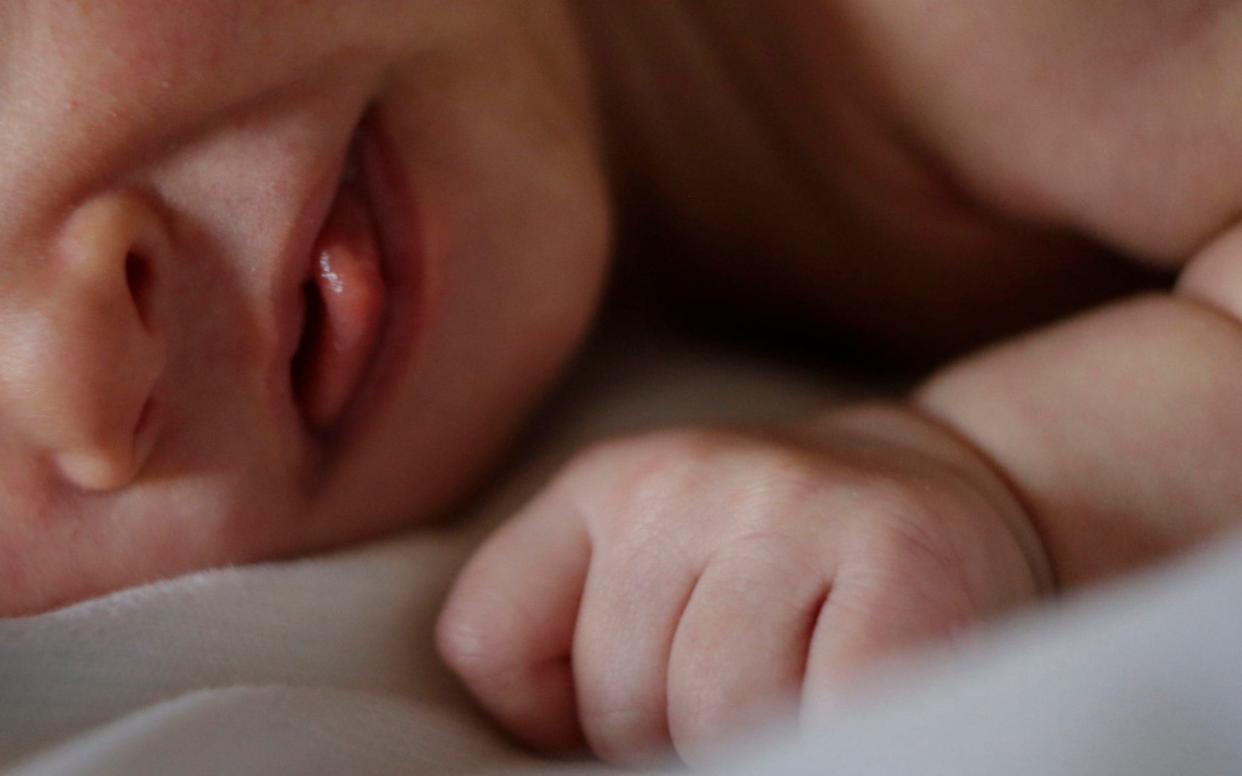Reason we hiccup: Scientists suggest reflex in adults is 'inner baby talking'

Hiccuping is crucial to the development of babies' brains, a study has found, prompting scientists to suggest that adults are prone to the reflex because it is an "important function" left over from infancy.
Neuroscientists at University College London (UCL) found that hiccups - caused by sudden contractions of the diaphragm muscle - trigger electrical activity in the brain that could help babies learn to regulate their breathing.
The contractions teach the baby's brain to monitor its ventilation muscles so that breathing can eventually be controlled voluntarily by moving the diaphragm up and down, the research suggests.
Kimberly Whitehead, the study's research associate, said the discovery may help neuroscientists understand why people still hiccup as adults.
"Our findings have prompted us to wonder whether hiccups in adults, which appear to be mainly a nuisance, may in fact by a vestigial reflex, left over from infancy when it had an important function," she said.
Hiccups, which can be detected in the womb from as early as nine weeks, are one of the earliest established patterns of activity in babies. Infants born three weeks before their due date are particularly prone to hiccups, researchers said, as they spend an estimated 1 per cent of their time hiccupping - roughly 15 minutes a day.
The study's researchers, who previously suggested that babies kicking in the womb may be creating mental maps of their own bodies, believe that their new findings may reflect the same process for the internal body.
"When we are born, the circuits which process body sensations are not fully developed, so the establishment of such networks is a crucial developmental milestone for newborns," said Dr Lorenzo Fabrizi, a senior research fellow at UCL.
The research, published in the journal Clinical Neurophysiology, was based on brain scans of 13 newborn infants in a neonatal ward.
"The reasons for why we hiccup are not entirely clear, but there may be a developmental reason, given that foetuses and newborn babies hiccup so frequently," Ms Whitehead said.
Although the cause of hiccups in adults still remains unknown, certain things such as stress, excitement or eating can trigger the muscle contraction.

 Yahoo News
Yahoo News 
